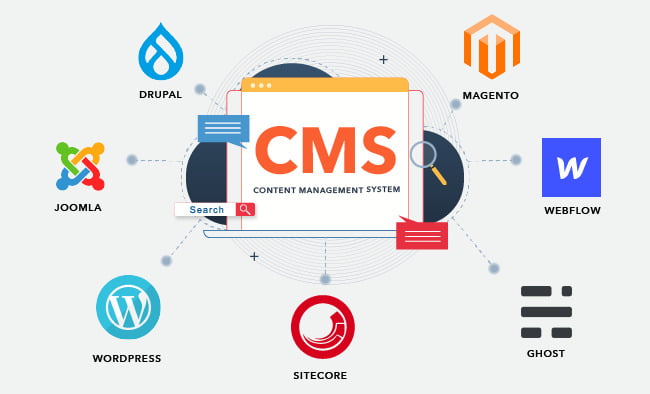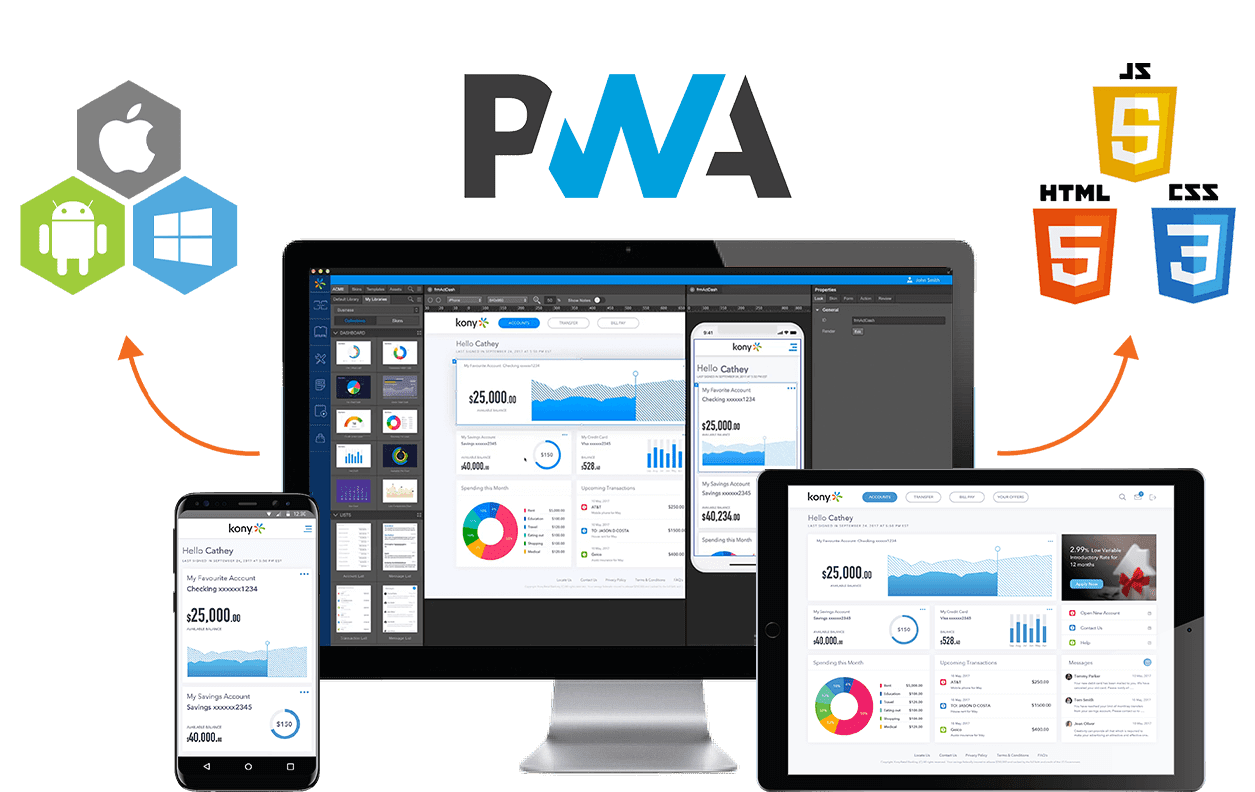Website Development
Website Development
"Discover boundless innovation at clean community Inc., your ultimate destination for cutting-edge website development. Unleash your programming prowess with expert coding tutorials, dive into the latest tech trends, and master new technologies like Zoho and Zoho Creator. Elevate your business with us today!"
Static Websites
Static Websites
Static websites are basic websites that are created using only HTML, CSS, and sometimes JavaScript. The content on static websites remains fixed and does not change based on user interactions or data inputs. Each page is individually designed and stored as separate HTML files on the server. Static websites are best suited for displaying simple information or online brochures, where content doesn't need frequent updates or interactivity.
Dynamic Websites
Dynamic Websites
Dynamic websites are built using server-side technologies such as PHP, Python, Ruby, or Node.js. Unlike static websites, dynamic websites generate content on the fly by interacting with databases and other external data sources. They can provide personalized content, user-specific experiences, and real-time updates. Dynamic websites are ideal for e-commerce sites, social media platforms, blogs, and any site that requires frequent content updates or user interactions.
Content Management Systems (CMS)
Content Management Systems (CMS)
CMS-based websites are built using pre-built platforms like WordPress, Joomla, Drupal, or others. These platforms provide a user-friendly interface that allows non-technical users to create, edit, and manage website content without the need for coding knowledge. CMSs enable website owners to easily add or update content, change designs, and manage multimedia elements. They are widely used for blogs, corporate websites, and online publications.
E-commerce Websites
E-commerce Websites
E-commerce websites are designed specifically for buying and selling products or services online. These websites include features like product catalogs, shopping carts, secure payment gateways, and order management systems. E-commerce platforms such as Shopify, Magento, and WooCommerce enable businesses to set up and manage online stores efficiently, process payments, and handle inventory.
Web Applications
Web Applications
Web applications are dynamic websites that function like software applications, providing advanced functionalities and interactivity. They offer user-friendly interfaces and allow users to perform complex tasks online. Web applications can range from project management tools, customer relationship management systems (CRM), collaborative platforms, to online video editors.
Single Page Applications (SPAs)
Single Page Applications (SPAs)
Single Page Applications are web applications that load a single HTML page and dynamically update content as users interact with the page. SPAs provide a seamless user experience by minimizing page reloads. They use JavaScript frameworks like React, Angular, or Vue.js to build highly interactive user interfaces and handle data dynamically. SPAs are commonly used for web-based applications that require real-time updates and smooth user interactions.
Progressive Web Apps (PWAs)
Progressive Web Apps (PWAs)
Progressive Web Apps combine the best of both websites and mobile apps, offering a fast, engaging, and reliable user experience. PWAs can be accessed through web browsers, and they have the ability to work offline or with a weak internet connection. They can also send push notifications and be installed on a user's device, making them easily accessible and user-friendly across various devices. PWAs are designed to be responsive and deliver an app-like experience to users without the need for a traditional app store installation.











